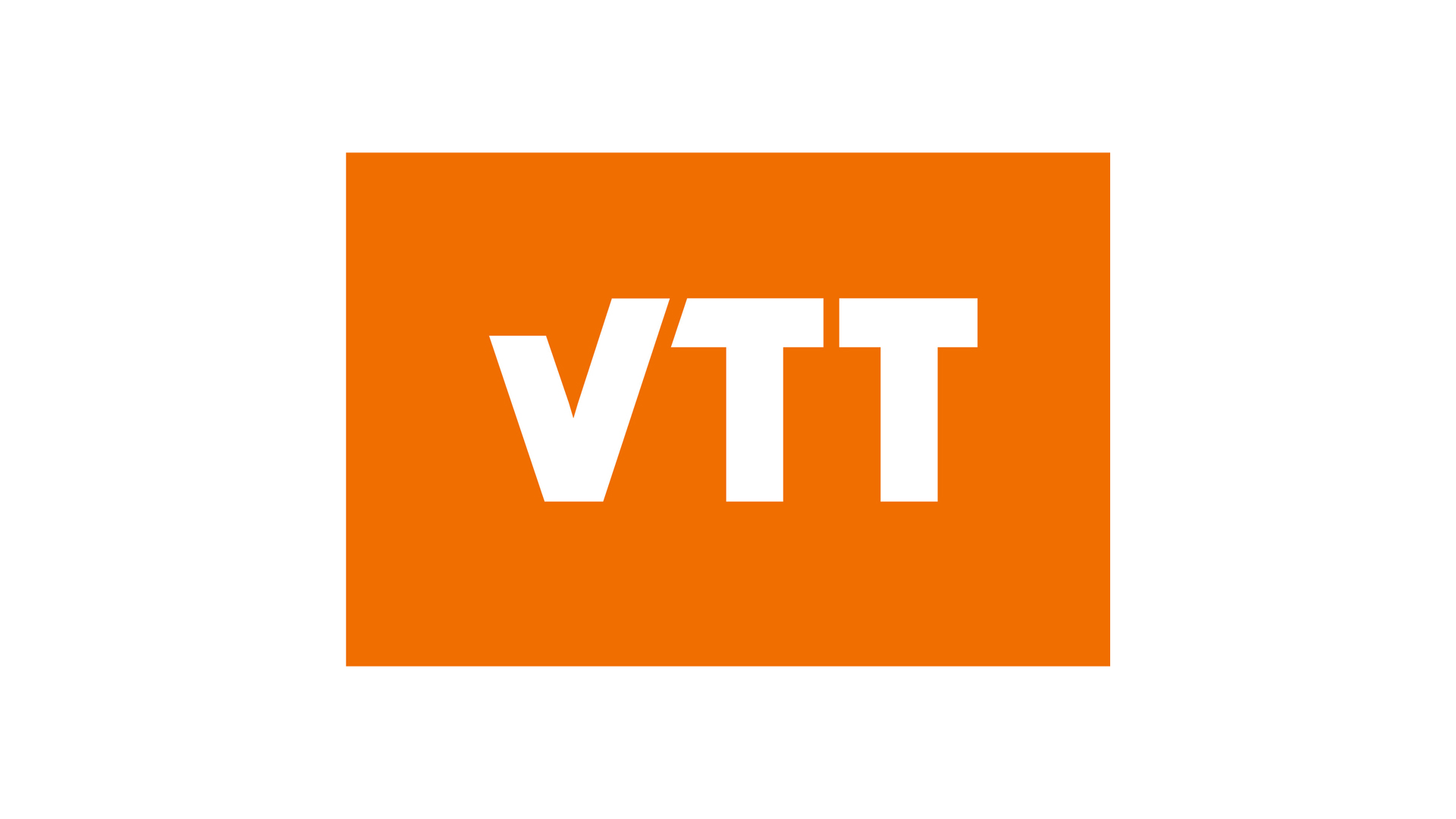VTT Technical Research Centre of Finland introduces its PlasticsCompass, an end-to-end method to develop sustainable plastics, from materials selection to production.
The headlines are filled with stories about microplastics saturating the ocean, contaminating sea life and consequently being ingested by us. Speed has become essential in finding viable solutions, but only when combined with systemic understanding and commercial capability to drive change. At VTT we have developed a strong and fast-acting sustainability method to help brand owners and plastic producers in developing sustainable plastics.
Contradictory criteria, demands and standards add complexity to the choice selection regarding production and use of plastics. However, for a growing number of companies responsible plastic products are a core part of their sustainability strategy. Change is slow as the fear of failure from ineffective choices hinders actions that would move progress forward. Running-in new materials and products is a tedious and costly process and there is no one-size-fits-all kind of solutions available. There is indeed need for a pragmatic approach.
What is required to move faster?
The key to finding an efficient solution lies in clarifying relevant criteria and crystallising the sustainability of plastics in producer’s business operation. Also, producer’s customers’ expectations need to be taken into consideration. They depend on your expertise to provide careful consideration of the selection of materials, in addition to the methods of processing.
Some companies believe it is enough to re-think the essential technical performance of materials and products, and instead search for a better fit from mass produced polymers. Other companies may select a tailored materials solution, such as customised polymer blends or plastic compounds. The goal is to find materials that fulfil the required technical performance and improve sustainability in accordance with the company’s strategy, ranging from carbon or water footprint, recycled content, bio-based content to maximised product durability, or other similar factors.

Which option is the most sustainable? Companies are the experts of their own products, and therefore, there is no single answer. Solutions are based on the indicators outlined in the company strategy. Therefore, at VTT we are facilitating the conversation between product developers, supply chain experts, marketing, and production divisions and other specialised areas. Building this collaboration proves to be extremely useful, as it has the potential to define future strategies and kick-start the implementation of new raw materials in product development. Moreover, being able to work rapidly enables a wider scope, taking several potential options under closer investigation in the pre-screening process, and ensures fast convergence of the material selection task.
Cost-effective ways of research are essential
Resources for R&D are scarce and often secured for day-to-day business operations. Facing pressure to be invested in “sure ways” to turn out a profit, there is limited room for outside-the-box implementation.
Currently, standardised LCA analyses are the applied tools to provide accurate, multidimensional information on the cradle-to-grave lifetime of products. However, LCAs are resource intensive and data available for larger sets of alternatives are often hard to compare. Therefore, it may not be feasible to run full LCAs on all developments and broader lists of new ideas.
The PlasticsCompass process
At VTT we have created a proven, science-based and pragmatic approach that we have named VTT PlasticsCompass. It is a three-phase process starting from criteria setting and proceeding to piloted innovative polymers. The goal is to help brands select alternatives according to their sustainability needs. The structure from end-to-end can be completed within 12 months and is designed to expedite the selection process without compromising quality. The key component is to include a wide array of prospective solutions rather than exploring opportunities solely through one option.
Identifying sustainability indicators
The first phase is to identify the most important sustainability indicators: determining a customised sustainability criterion, technical and regulative targets and restrictions that drive material choices. Finding a consensus on sustainability, balanced with business expectations is key for the success of the whole process. This can be achieved by merging various viewpoints through workshops and other collaborative means. After identifying relevant and measurable variables, it becomes easier to prioritise, to achieve weighting and to define thresholds for evaluation. We encourage a broader view when assessing polymers use, as performance of plastics can often be tailored and customised, for example with additives and by use of blends. After this phase the producer will hold a comprehensive list of the most relevant plastics and polymers candidates to be considered and evaluated in the next phase.
Evaluating technical performance of candidate materials
The next step is to view the new candidate materials live and explore the gap in technical performance with availability for real-world application, and to check the suitability of the materials for intended converting technologies. The methods to accomplish this involve acquiring polymer and additives, formulating polymer blends and composites, generating test samples for validation and building up customised test setups, and carrying out lab characterisation beyond the information available from the technical datasheets of raw materials suppliers. For this task we use VTT’s Polymer Pilot and Sustainable Chemistry platforms. The service includes the required laboratory work and advanced characterisation of material properties. This is the point in the selection process where outliers may become potential winners.
The outcome of this phase includes obtaining a considerable amount of appropriate prospective materials as demonstrated in the lab scale, as well as a complete gap analysis, which pinpoints any need to fine-tune properties, technical performance and processability in the following phase.
Validating materials at production scale
The final step is to verify, validate and prototype new materials at production scale. To achieve this, we establish crude recipes and initiate several iteration cycles for the development of the best two to three candidates. The process and its properties are brought to life by applying the same converting technology and equipment size used in actual production. The sample materials, in addition, can be generated in larger batch sizes to be tested by the customer or it can be done at scale at VTT.
At this phase, it is important to keep an open mind and avoid cutting the process short by considering this phase already completed in the prior steps, or to utilise readily available options from material suppliers. Though customisation requires effort in the process development, these solutions are typically superior to ready-made alternates.
The outcome for this phase is the delivery of the final plastics recipes that fulfil the technical performance criteria and fits the sustainability targets confirmed at the beginning of the process.
Our PlasticsCompass service is an end-to-end solution to guide the producer through the selection of polymers and plastics as well as its piloting process. Throughout the various stages, we will use the most suitable methods to advance the process from a customer perspective.
Download the full guide: https://www.vttresearch.com/en/ourservices/vtt-plasticscompass-service-polymer-material-development-and-plastics-innovation








